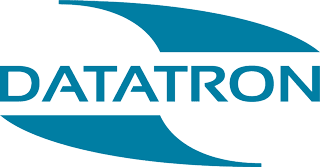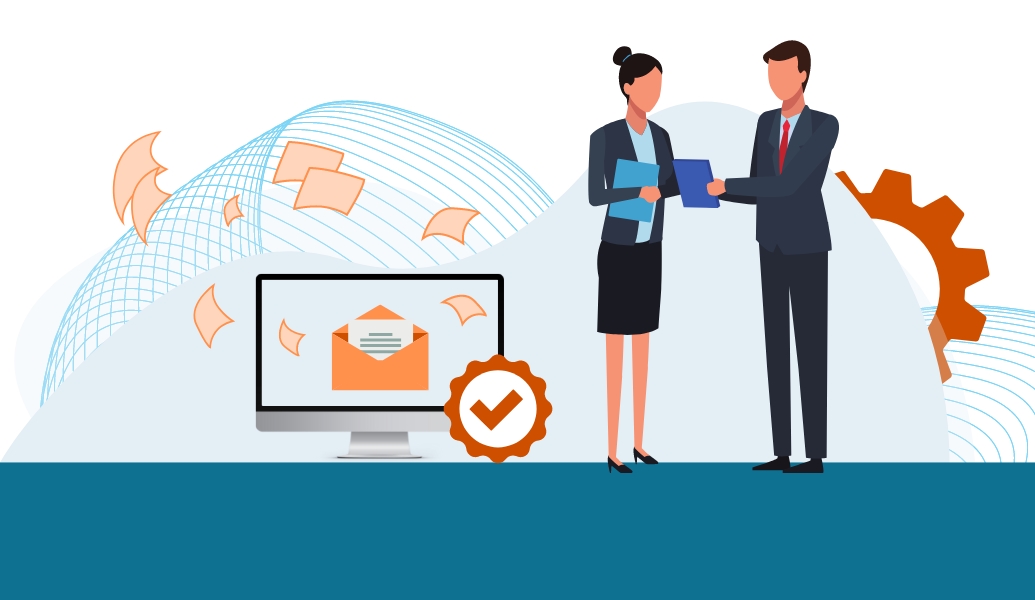Empowering remote workers with a digital mailroom
Lockdown changed the way we engage with work forever. The adaptations we made spilt over into the post-covid landscape, painting a new paradigm of office culture where remote is a synonym for commute.
One of the challenges we faced was coordinating the delivery of information across remote locations, ensuring that everyone was working on the same page without an office. This was achievable with cloud based infrastructure, but did not address practical process of mail distribution.
The solution to this problem was a familiar one - digital mailrooms.
Previously, organisations with many sites, departments, or locations were the primary consumer of digital mailroom services - but almost overnight, they were repackaged and repurposed for the home.
The flexible and frictionless implementation of digital mailrooms, alongside their centralised hosting and ease of use made them a strong foundation for virtual offices across the country.
What makes digital mailrooms great for remote working?
- Consistency: Delivery to all remote locations happens simultaneously, creating a standard schedule by removing delays caused by re-posting. Data sprawl is prevented by synchronising mail and email into one location, while document version control tracks changes and updates documents.
- Learn by doing: the accessible and intuitive design of digital mail services makes implementation and scaling easy. What's more, you can interface with a digital mailroom through your existing email inbox - no software installation or IT maintenance is required.
- Document control: document control is essential for compliance. The difficulty of ensuring security and tracking information amplifies for a network operating over many sites and devices. A provider operating at ISO27001, IS09001, and BS10008 guarantees security, quality, and compliance with GDPR.
- Reporting: images of your mail are enriched with metadata during digitisation. OCR software captures data that can be used to gain insight and instigate automated processes through workflow. Live reporting ensures that delivery points and actions are kept up to date, allowing adjustment to be made based on performance.
- Audit trail: audit reporting, like document control, when expanded over multiple locations, becomes more difficult. With a digital solution, audit trails are recorded automatically. This makes traceability a smoother process, and should incident occur, the source is instantly identifiable, helping avoid fines for non-compliance
- Scale: with an outsourced virtual solution, scale is independent of infrastructure - where a traditional mailroom would require additional training, time and space. Not only does outsourcing accommodate increasing volume, it means that if your demand for mail processing fluctuates you only pay for what you need.
- Automate: by transforming mail information into a computer-readable format, you can action it in digital workflows and power mailroom automation. Workflows that could include onboarding for HR departments, invoice processing for finance departments or compliantly archiving records.
How to implement a digital mailroom
- Ideate: an appointed postmaster works with the mailroom service provider, defining rules for redirection, duplication, restriction, and return to sender. They can then provide CRM information that allows OCR to automatically index mail. Finally, the postmaster can design workflows with the service provider.
- Improve: using the reporting functions of virtual mailrooms, workflows are constantly evaluated, maintained, and updated to elevate the system. Delivery can become more direct and workflows can become more complex once critical paths are identified and users are comfortable with the system.
- Integrate: by introducing a virtual mailroom as part of a digital transformation strategy, you expand the reach of process automation and further the collaborative potential across departments. Other digital enablements include invoice processing, eforms and electronic document management.
Datatron's virtual mailroom service (VMS)
What we have learnt from lockdown:
- Preference doesn't have to come at the cost of productivity.
- Prioritising social elements and accommodating personal schedules can lead to better outcomes.
- Acquisition and retention are affected by the ability to deliver a hybrid workplace
- Talent is migrating home.
At Datatron we recognise the demand for continued innovation in hybrid spaces. Our virtual mailroom service is a product of our continual investment in image capture and data extraction technologies.

